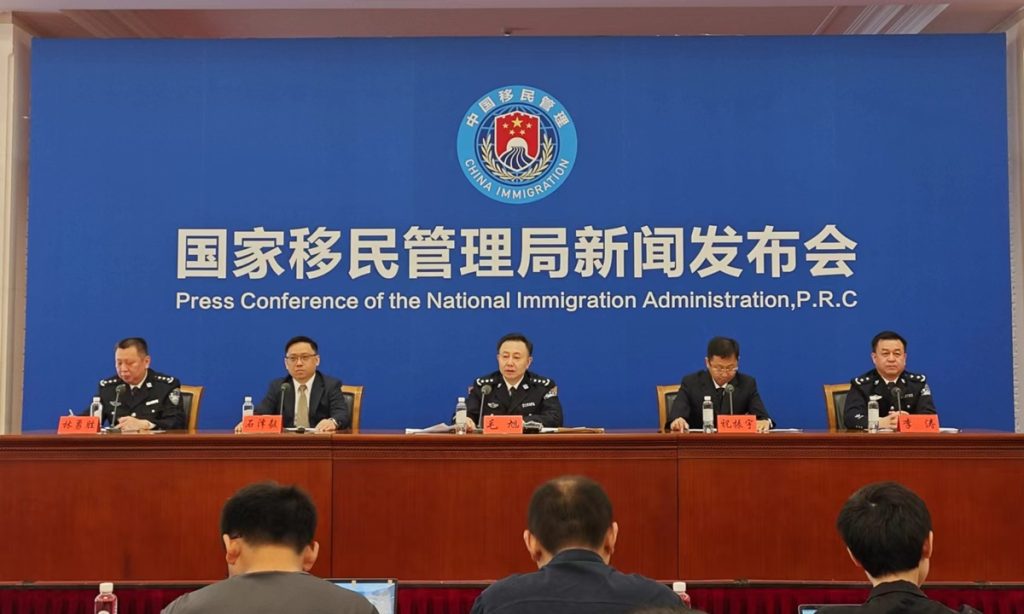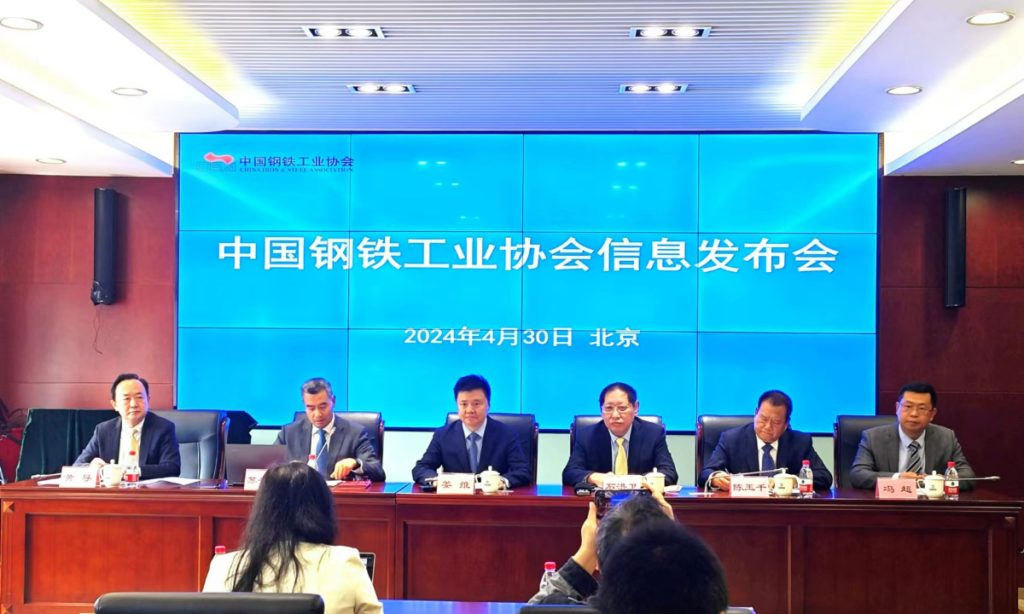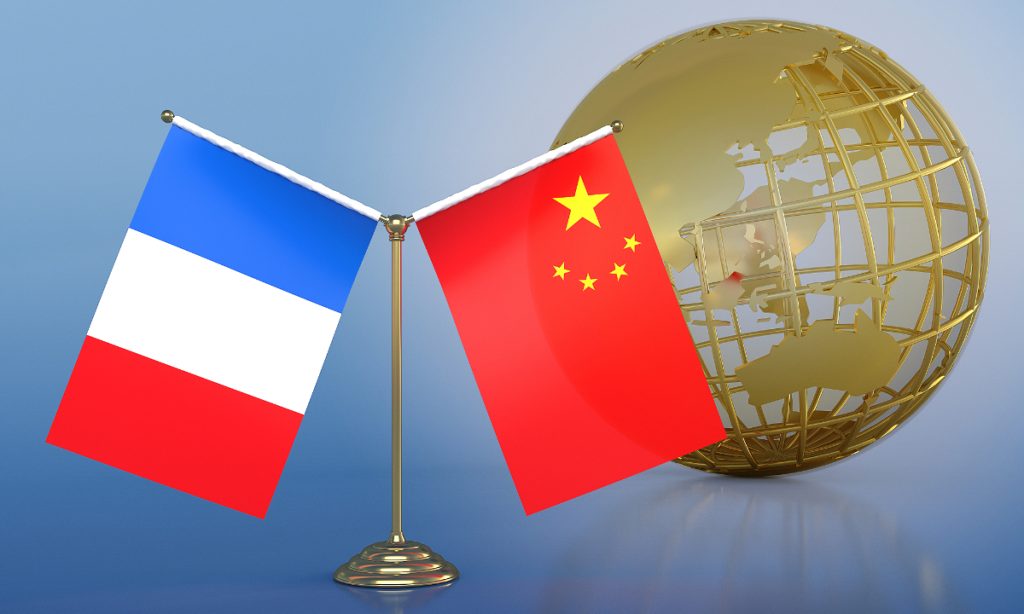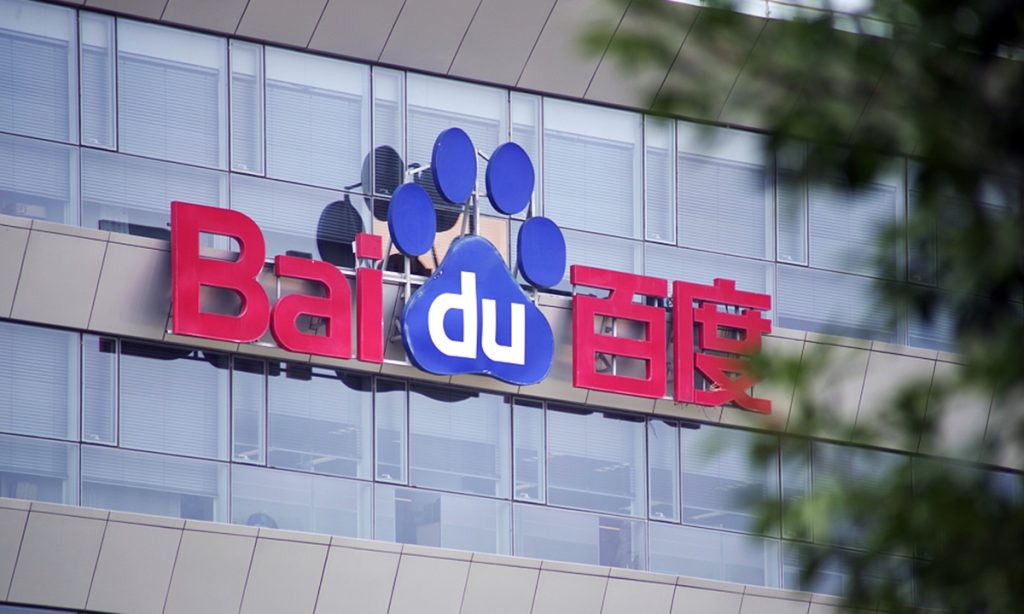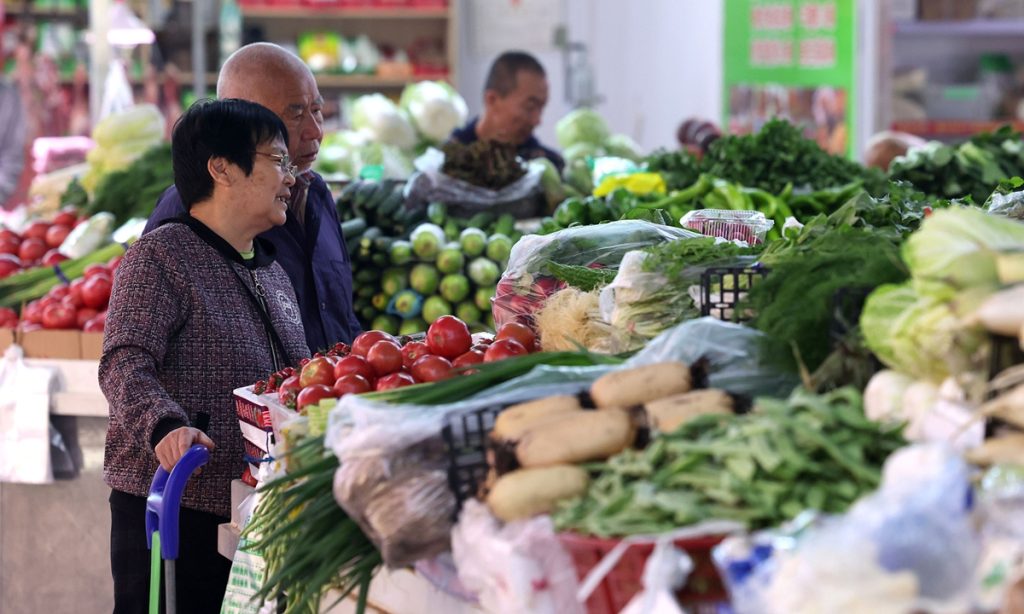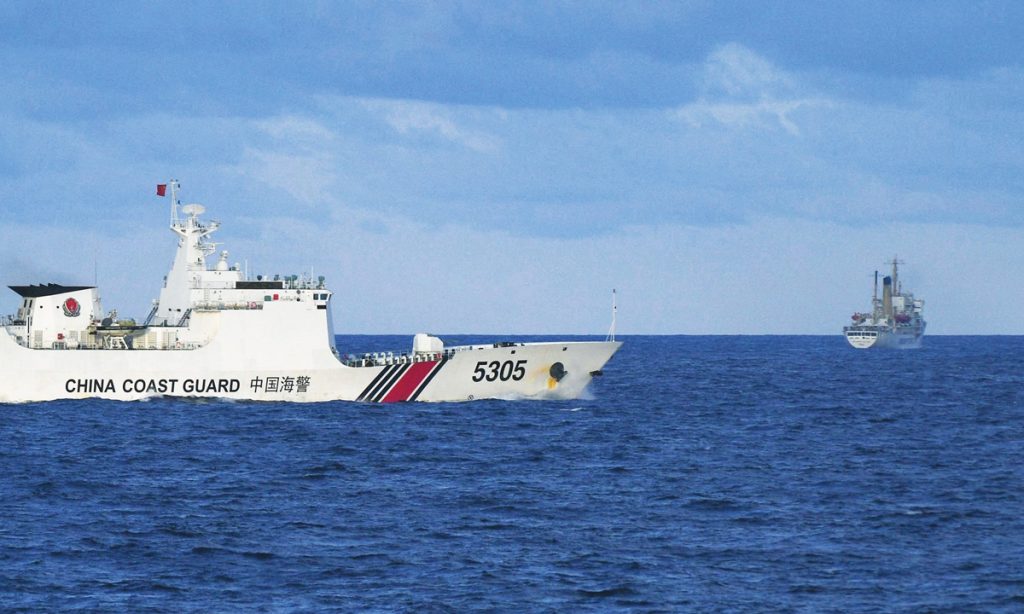The new government looks to enhance cooperation with China: Argentine FM

The new Argentine government is looking to cooperate with China, Argentine Foreign Minister Diana Mondino told the Global Times in an exclusive interview on Monday.
She also said that the Belt and Road Initiative (BRI) is very important for Argentina, and the Argentine government will continue to maintain an open attitude toward foreign investment, including from China.
From April 27 to May 1, Argentina's Minister of Foreign Affairs, International Trade and Worship of Argentina, Mondino, visited China. This visit marked the first visit to China by Mondino since the current government took office, and it coincided with the 10th anniversary of the establishment of the comprehensive strategic partnership between China and Argentina.
China looks forward to further enhancing political mutual trust and opening up broader prospects for mutually beneficial cooperation through this visit, continuously enriching the content of the comprehensive strategic partnership between China and Argentina, and helping both countries achieve common prosperity and development, according to media reports.
Mondino told the Global Times that her visit to China is expected to enhance friendship with China and strengthen links in the economy, politics, diplomacy, and business.
Accompanying her on her visit to China were the President of the Central Bank of Argentina, the Vice Minister of Economy, and representatives from more than 20 Argentine companies, all of whom engaged in dialogues with Chinese partners.
She said that a series of meetings and agendas in China have been very successful. "Everybody is trying to foster these very good relations," she said.
According to Mondino, during this visit, she and her colleagues explained to China the economic and social changes Argentina is undergoing, as well as some measures taken by the new government over the last four months.
She stressed that Argentina is trying to further open up to foreign investment and the economy, while reducing inflation and the fiscal deficit.
She said that China is very cautious in its monetary policy and has been very successful in its openness to the outside world. Argentina hopes to continue to be China's trading partner and an investment destination, and the new government will seek deeper cooperation with China.
"The cooperation between Argentina and China is very good, very fast, and very expeditious," she said.
She also noted to the Global Times that Argentina's participation in the BRI is "really very important" for the country.
Argentina has a huge demand for infrastructure construction. In addition, there is potential for both countries to further strengthen cooperation in agriculture, and in the mining of minerals such as lithium, and in energy. She said that Chinese investments will receive fair and equal treatment in Argentina.
According to public information, China is currently Argentina's second-largest trading partner, accounting for 13.8 percent of Argentina's total foreign trade. China is also Argentina's third-largest export market and second-largest source of imports, accounting for 8 percent of Argentina's total exports and 19 percent of total imports. Chinese direct investment in Argentina is mainly concentrated in three major areas: infrastructure, energy, and the new energy industry.
During the interview, Mondino denied claims that "China-Argentina relations are at their worst historical time."
"Maybe (those people) do not understand Spanish," she jokingly told the Global Times. She mentioned that the bilateral trade volume between China and Argentina may have temporarily declined, mainly due to Argentina experiencing a severe drought, which has led to crop yields reduction and, consequently, exports to China.
However, overall, there are no issues in China-Argentina relations. "You should not believe everything you read."
The Argentine diplomat also stressed that Argentina has always firmly adhered to the one-China policy, and the new government will continue to uphold this policy.

